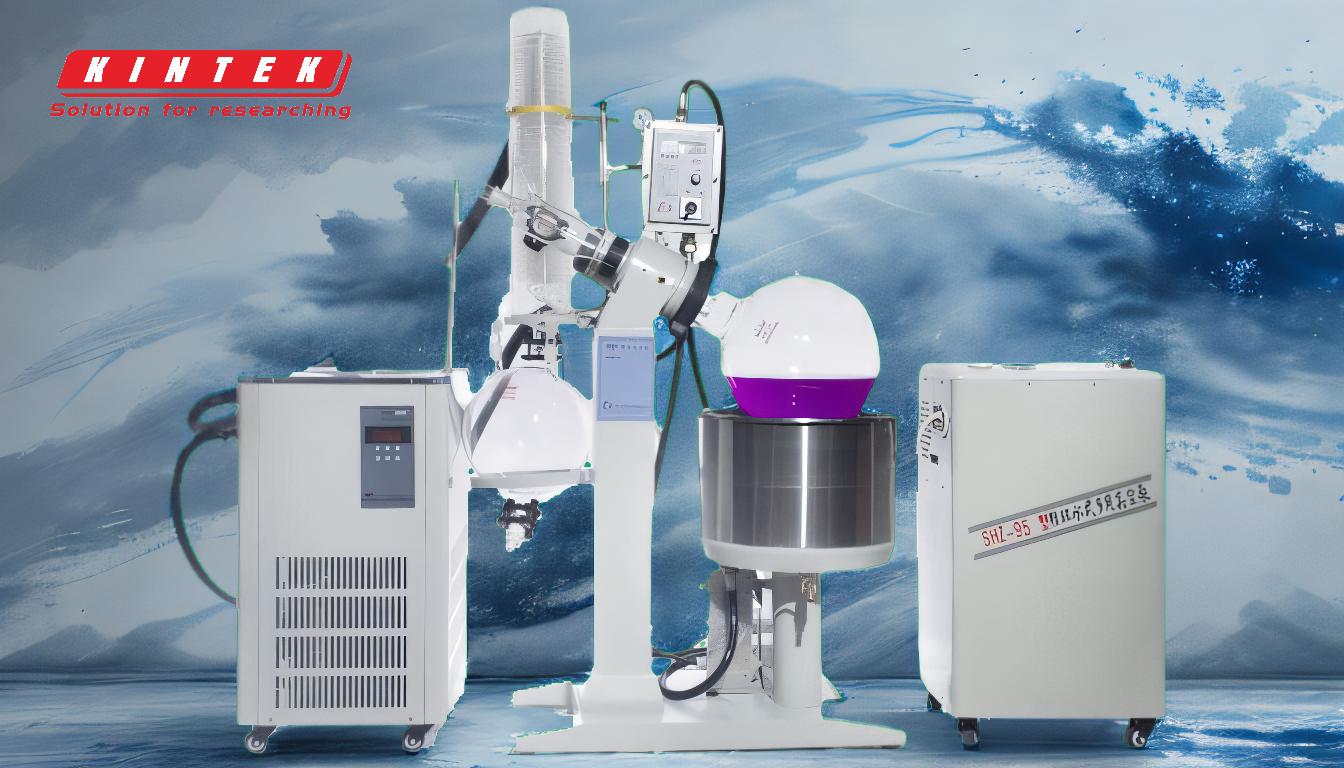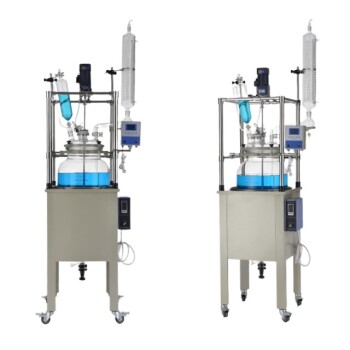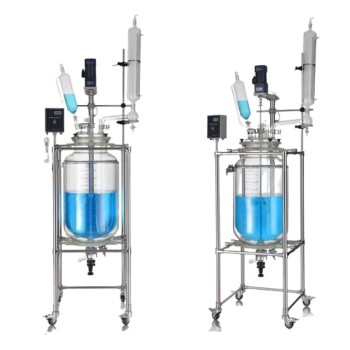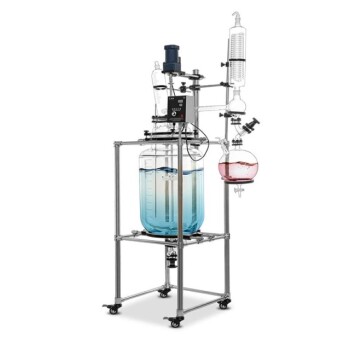Vacuum distillation is a versatile process used across a wide range of industries beyond petroleum refining. It is particularly valuable for separating and purifying heat-sensitive or high-boiling-point liquids, ensuring high levels of purity. Industries such as food and beverage, pharmaceuticals, chemicals, fragrances, and alternative fuels rely on vacuum distillation for its efficiency and precision. Specific applications include creating uniquely flavored spirits, extracting CBD oil, processing edible oils, producing fragrances, and handling unstable compounds. This method is also critical in distilling polyurethane and other materials that require careful temperature control or small-scale processing.
Key Points Explained:

-
Food and Beverage Industry:
- Application: Vacuum distillation is used to create unique flavors in spirits and other beverages.
- Example: Empirical Spirits, a distillery in Copenhagen, uses vacuum distillation to produce their flagship spirit, Helena. This process allows them to experiment with unconventional ingredients like Koji, Pilsner Malt, and Belgian Saison Yeast, resulting in distinctive flavors.
- Why It’s Used: The process preserves delicate flavors and aromas that might be lost at higher temperatures, making it ideal for artisanal and experimental products.
-
Pharmaceutical Industry:
- Application: Separation and purification of heat-sensitive compounds.
- Why It’s Used: Many pharmaceutical compounds are unstable at high temperatures. Vacuum distillation allows for the gentle separation of these compounds without degradation, ensuring high purity and efficacy.
- Example: Extracting active pharmaceutical ingredients (APIs) or isolating specific compounds for drug formulations.
-
Chemical Industry:
- Application: Processing high-boiling-point liquids and heat-sensitive materials.
- Why It’s Used: The chemical industry often deals with substances that decompose or react at high temperatures. Vacuum distillation enables the separation of these materials without thermal damage.
- Example: Distilling polyurethane or other polymers that require precise temperature control.
-
Fragrance and Essential Oils Industry:
- Application: Creating fragrances and extracting essential oils.
- Why It’s Used: Fragrances and essential oils often contain volatile compounds that can be destroyed by high heat. Vacuum distillation preserves these delicate aromas, ensuring a high-quality product.
- Example: Extracting essential oils from plants like lavender or rosemary for use in perfumes and aromatherapy.
-
Alternative Fuels and Biofuels:
- Application: Producing fuels from renewable sources.
- Why It’s Used: Vacuum distillation is used to process biofuels and other alternative fuels that may contain heat-sensitive components. It ensures efficient separation and purification without compromising the fuel’s quality.
- Example: Distilling biodiesel or other renewable fuels from plant oils or waste materials.
-
CBD and Hemp Industry:
- Application: Extracting CBD oil from hemp plants.
- Why It’s Used: CBD oil extraction requires careful handling to preserve the cannabinoids and terpenes, which are sensitive to heat. Vacuum distillation ensures a high-purity product with minimal thermal degradation.
- Example: Producing CBD oil for use in health supplements, cosmetics, and pharmaceuticals.
-
Edible Oils Processing:
- Application: Refining and purifying edible oils.
- Why It’s Used: Edible oils often contain impurities or unwanted compounds that can be removed through vacuum distillation. This process also helps preserve the oil’s nutritional value and flavor.
- Example: Refining olive oil, coconut oil, or other plant-based oils for culinary use.
-
Handling Unstable Compounds:
- Application: Distilling compounds that are unstable at high temperatures or require small-scale processing.
- Why It’s Used: Some compounds are too sensitive or rare to be processed using traditional distillation methods. Vacuum distillation allows for precise control over temperature and pressure, making it ideal for these applications.
- Example: Distilling rare chemicals for research or industrial use.
By leveraging vacuum distillation, industries can achieve high levels of purity and efficiency while preserving the integrity of heat-sensitive or high-boiling-point materials. This makes it an indispensable tool across a diverse range of applications.
Summary Table:
| Industry | Application | Example |
|---|---|---|
| Food and Beverage | Creating unique flavors in spirits | Empirical Spirits uses it for their flagship spirit, Helena |
| Pharmaceuticals | Purifying heat-sensitive compounds | Extracting APIs for drug formulations |
| Chemicals | Processing high-boiling-point liquids | Distilling polyurethane |
| Fragrances & Essential Oils | Extracting delicate aromas | Lavender or rosemary essential oils for perfumes |
| Alternative Fuels | Producing biofuels from renewable sources | Distilling biodiesel from plant oils |
| CBD and Hemp | Extracting CBD oil with minimal thermal degradation | Producing CBD oil for health supplements |
| Edible Oils | Refining and purifying oils | Refining olive or coconut oil |
| Unstable Compounds | Distilling rare or heat-sensitive chemicals | Processing rare chemicals for research |
Discover how vacuum distillation can benefit your industry—contact our experts today!

















